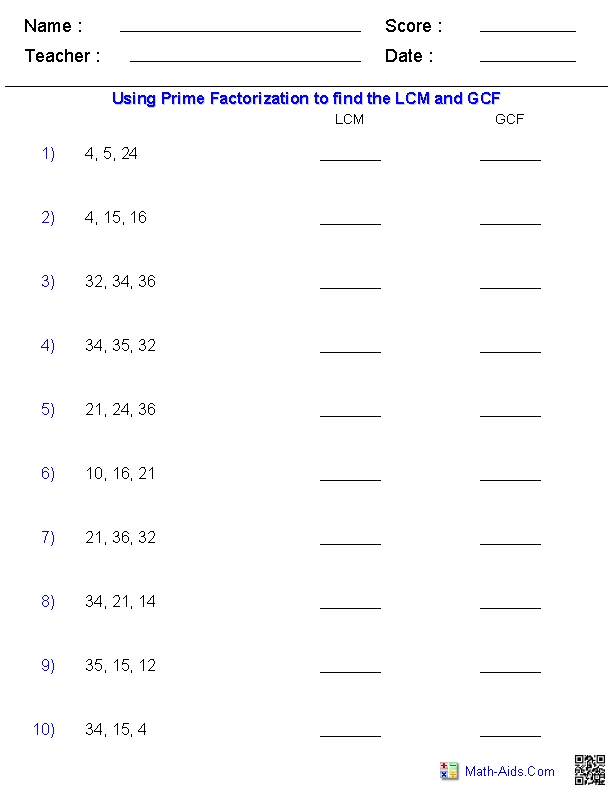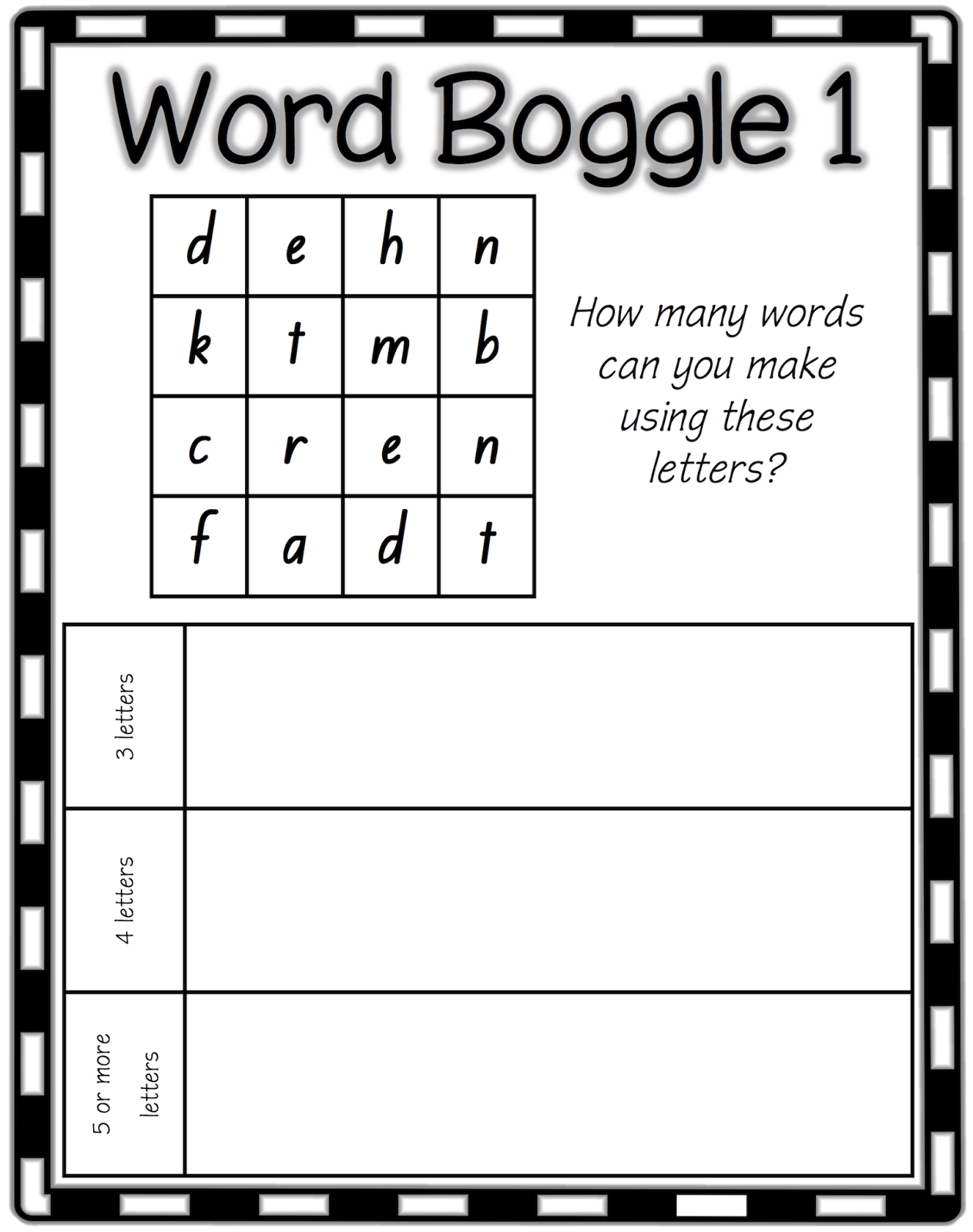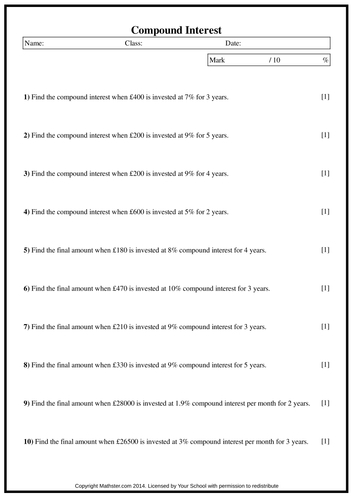7 Free Recovery Worksheets for Healing and Growth
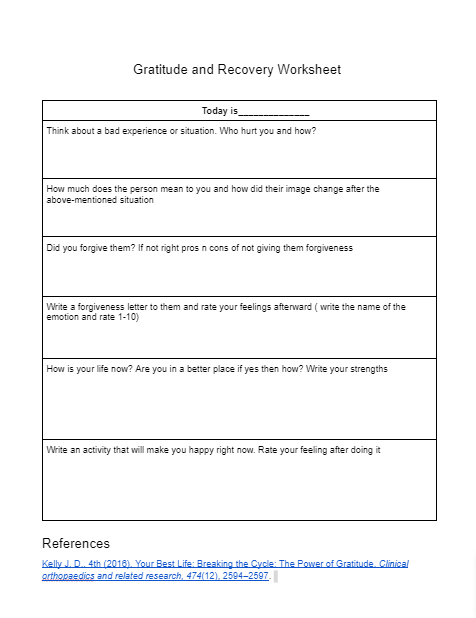
Recovery Worksheets: A Powerful Tool for Healing and Growth
Recovery from any form of trauma, addiction, or mental health issue is a unique and individualized journey. While seeking professional help is crucial, using recovery worksheets can be a valuable supplement to your healing process. These worksheets can help you identify patterns, work through emotions, and develop coping strategies. In this article, we will explore 7 free recovery worksheets that you can use to facilitate your healing and growth.
1. Identifying Triggers Worksheet
Understanding what triggers your negative emotions or behaviors is essential to recovery. This worksheet helps you identify your triggers and develop a plan to manage them.
Identifying Triggers Worksheet:
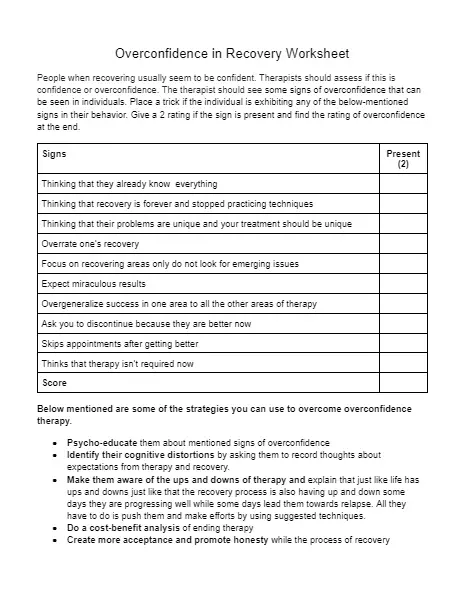
| Trigger | How it affects me | Coping strategy |
|---|---|---|
- Write down a list of situations, people, or emotions that trigger your negative behaviors or emotions.
- Describe how each trigger affects you.
- Develop a coping strategy for each trigger.
💡 Note: Be honest with yourself when identifying your triggers. This will help you develop effective coping strategies.
2. Self-Care Checklist Worksheet
Practicing self-care is vital to recovery. This worksheet helps you create a self-care checklist to ensure you’re taking care of your physical, emotional, and mental well-being.
Self-Care Checklist Worksheet:
| Self-care activity | Frequency | Last done |
|---|---|---|
| Exercise | ||
| Meditation | ||
| Spending time in nature | ||
| Reading | ||
| Journaling |
- List self-care activities that nourish your mind, body, and soul.
- Set a frequency for each activity.
- Track when you last did each activity.
3. Emotional Awareness Worksheet
Recognizing and understanding your emotions is critical to recovery. This worksheet helps you identify and label your emotions, making it easier to manage them.
Emotional Awareness Worksheet:
| Emotion | Description | Triggers |
|---|---|---|
| Happy | ||
| Sad | ||
| Angry | ||
| Fearful | ||
| Anxious |
- Write down different emotions you experience.
- Describe each emotion in detail.
- Identify triggers for each emotion.
4. Thought Record Worksheet
Negative thought patterns can hinder recovery. This worksheet helps you identify and challenge negative thoughts, replacing them with more balanced and constructive ones.
Thought Record Worksheet:
| Situation | Negative thought | Balanced thought | Outcome |
|---|---|---|---|
- Describe a situation that triggered a negative thought.
- Write down the negative thought.
- Challenge the negative thought by finding a more balanced and constructive alternative.
- Record the outcome.
📝 Note: Be patient with yourself when working on this worksheet. Challenging negative thoughts takes time and practice.
5. Gratitude Log Worksheet
Focusing on gratitude can help shift your perspective and improve your mental well-being. This worksheet helps you cultivate gratitude by recording things you’re thankful for each day.
Gratitude Log Worksheet:
| Date | Things I’m grateful for |
|---|---|
- Write down three things you’re grateful for each day.
- Reflect on why you’re grateful for each thing.
6. Boundary Setting Worksheet
Setting healthy boundaries is essential to recovery. This worksheet helps you identify areas where you need to set boundaries and develop strategies to maintain them.
Boundary Setting Worksheet:
| Area | Boundary | Strategy |
|---|---|---|
| Relationships | ||
| Work | ||
| Social media |
- Identify areas where you need to set boundaries.
- Describe the boundary you want to set.
- Develop a strategy to maintain the boundary.
7. Progress Tracking Worksheet
Tracking your progress is essential to recovery. This worksheet helps you monitor your progress, celebrate successes, and identify areas for improvement.
Progress Tracking Worksheet:
| Area | Progress | Goals |
|---|---|---|
| Mental health | ||
| Physical health | ||
| Relationships |
- Track your progress in different areas of your life.
- Celebrate successes and achievements.
- Set goals for areas where you need improvement.
Recovery is a journey, and using these worksheets can help you navigate the process. Remember, healing and growth take time, patience, and effort. Be gentle with yourself, and don’t hesitate to seek help when needed.
In conclusion, these 7 free recovery worksheets can be a valuable tool to support your healing and growth. By working through these worksheets, you can develop a deeper understanding of yourself, identify areas for improvement, and cultivate strategies to maintain your well-being.
What is the purpose of recovery worksheets?
+Recovery worksheets are designed to help individuals process their emotions, identify patterns and triggers, and develop coping strategies to support their healing and growth.
Can I use these worksheets on my own or do I need a therapist?
+While these worksheets can be used on your own, it’s recommended to work with a therapist or counselor to get the most out of them. A mental health professional can provide guidance and support to help you work through the worksheets and address underlying issues.
How often should I use these worksheets?
+The frequency of using these worksheets depends on your individual needs and goals. It’s recommended to start with one or two worksheets per week and gradually increase the frequency as you become more comfortable with the process.
